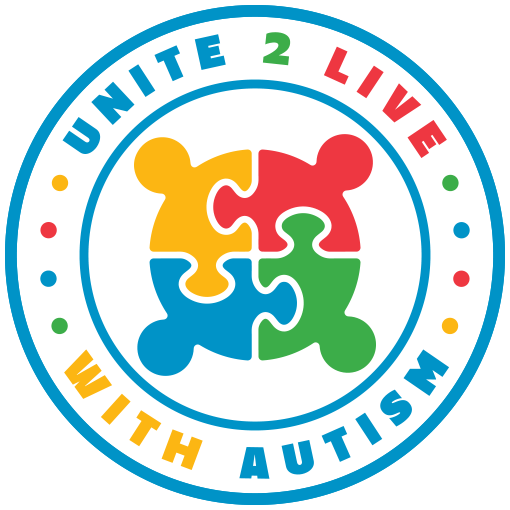Welcome to Unite 2 Live With Autism, a supportive community dedicated to spreading awareness and understanding about autism. In this blog post, we will explore the diverse range of autism symptoms and shed light on the experiences of individuals living with autism. By fostering empathy and knowledge, we can create an inclusive society that embraces and supports those on the autism spectrum.
Social Communication Challenges
One of the key characteristics of autism is difficulties in social communication. Individuals on the spectrum may face challenges in understanding and using verbal and nonverbal cues. They may struggle with maintaining eye contact, understanding sarcasm or irony, and engaging in reciprocal conversations. It's important for society to cultivate patience and provide clear communication to help bridge these gaps and create an inclusive environment.
Sensory Sensitivities
Many people with autism experience sensory sensitivities, wherein their senses can be heightened or altered. They may be extremely sensitive to loud noises, bright lights, certain textures, or strong smells. These sensitivities can lead to sensory overload and cause discomfort or anxiety. By creating sensory-friendly spaces and accommodating individual needs, we can create a more inclusive world for those with sensory sensitivities.
Repetitive Behaviors and Special Interests
Autistic individuals often engage in repetitive behaviors, also known as stimming. These behaviors can include hand-flapping, rocking back and forth, or repeating certain words or phrases. Stimming serves as a self-regulation mechanism and can help individuals cope with overwhelming sensory experiences or manage anxiety. Additionally, many individuals on the autism spectrum develop intense and focused interests in specific topics. Encouraging and embracing these special interests can foster a sense of identity and provide opportunities for growth and connection.
Challenges with Flexibility and Transitions
Flexibility and adaptability can be challenging for individuals with autism. Changes in routines or unexpected transitions may cause anxiety and distress. It is essential to provide clear schedules, advance notice of changes, and support during transitions to help individuals navigate these challenges more effectively. By creating predictable and structured environments, we can alleviate anxiety and promote a sense of security.
Executive Functioning Difficulties
Executive functioning refers to a set of cognitive processes responsible for planning, organizing, problem-solving, and self-regulation. Many individuals on the autism spectrum struggle with executive functioning, which can impact daily tasks, time management, and decision-making. Providing visual supports, breaking tasks into manageable steps, and offering support in planning and organizing can greatly assist individuals in overcoming these challenges.
Everyone Fits
Autism is a complex neurodevelopmental condition that presents itself uniquely in each individual. By understanding the diverse range of autism symptoms, we can create a more inclusive and accepting society. Let us strive to foster empathy, educate ourselves and others, and support individuals on the autism spectrum. Together, we can unite to live with autism and celebrate the strengths and contributions of every individual, regardless of their neurological differences.




